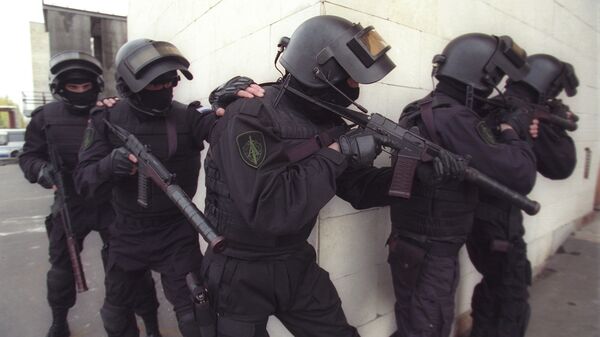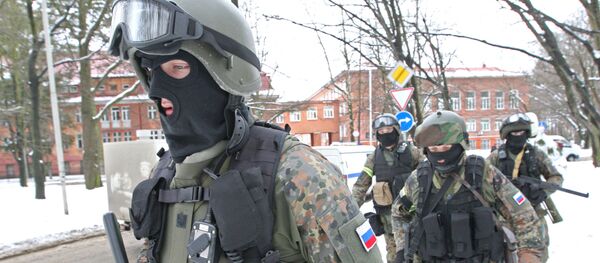At the end of December, Vladimir Putin said that over the last year, more the 60 terrorist were foiled in Russia, confirming words expressed six month earlier by the Deputy Chief of the Office of the National Antiterrorism Committee (NAC) Alexei Kovalev. He had noted that the number of terrorist attacks in the country had declined tenfold.
Over the last years, the FSB have become much better at working to prevent terrorist activities," former Chief of the Antiterrorist Unit of the Federal Security Service Alexander Gusak told Sputnik.
In comparison with the 1990s — early 2000s, when terrorist attacks took hundreds of lives, the number of terrorist attacks in Russia has significantly decreased. In his opinion, this tendency is explained by the situation in Chechnya. "The overwhelming majority of the organizers and perpetrators of the bombings professed radical forms of Islam and came from Chechnya," says Alexander Gusak. In addition, the coming to power of Ramzan Kadyrov, who "eliminates any forms of separatism," has borne fruit.
The special role assigned to agents is a relatively new tactic. In the nineties, the goal was to physically destroy the terrorists, explains Gusak, but "but no matter how many of the dragon’s heads one chops off — new ones will grow."
"When there were terrible acts of terrorism in Volgograd [in 2013; it left 18 people dead], I raised the question of why we had no one imbedded in the Black Widows, the organization that masterminded those explosions," he recalls.
"Some FSB officers embrace Islam, monitor potentially dangerous groups within the Muslim community. And the clergy, of course, work side by side."
Alexander Gusak also notes significant technical progress, which, of course, facilitated the work of the special services, which was able to create an extensive base of suspects. However, he noted, no progress can be compared with human courage.






